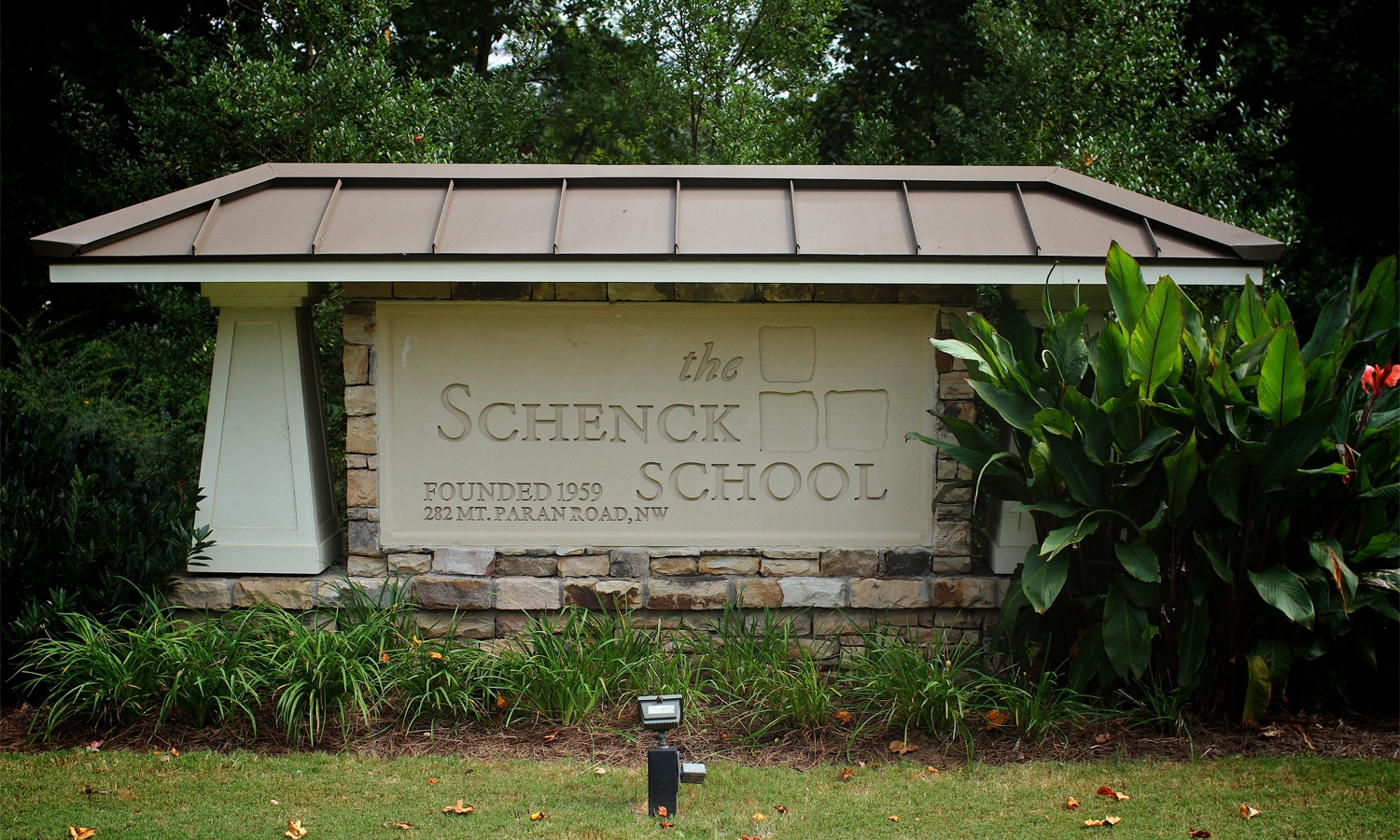In the past, dyslexic individuals may have been pushed aside or labeled as unintelligent when teachers or parents simply did not understand their learning differences. Today, however, people with dyslexia can receive targeted remediation from trained teachers and succeed in school and beyond when they are given the right resources and support. ReadSource knows that dyslexic individuals can succeed at whatever they set their minds to, and Schenck School alumni serve as just a few examples of what dyslexics can accomplish. Read below to explore more dyslexia success stories from graduates of The Schenck School in Atlanta, Georgia.
Andrew Bernhardt – Chief Financial Officer

One of Andrew Bernhardt’s earliest memories of struggling to read focuses on the book Goodnight Moon. After repeatedly hearing the story and realizing the book did not have a logical plot that he cared about, he instead began to memorize objects in the story, rather than read the words each time. This strategy served Bernhardt well enough at home, and it became a useful tactic to help throughout school, too. However, the pace of school caught up with him in second grade, and his family and teachers found him struggling to keep up with class expectations. After starting at The Schenck School in the fourth grade, Bernhardt regained confidence as his teachers encouraged and helped him learn in the best way for him. “My teachers reminded me that I wasn’t lazy or unintelligent, but that I just learn in a different way. I’ll still get from Point A to Point B, but I might go through Point D first,” notes Bernhardt.
By building his self-confidence and the skills he learned at The Schenck School, Bernhardt was able to succeed at Southern Methodist University and beyond. Bernhardt now works as the Chief Financial Officer at Maven Capital Advisors, where he is able to combine his skills for strategic thinking, communication, and attention to detail to help individuals optimize their investments. “I think achieving success is more related to happiness and the idea of being able to help your family and help the world, rather than how much money you make or how many promotions you get,” remarks Bernhardt.
Katherine Sellers – Elementary School Teacher

After hearing from her second-grade teacher that she would never be anything but a C-level student, Katherine Sellers could have given up on the idea of school altogether or become ashamed of her dyslexia. But with her parents as her most vocal advocates and with support from her teachers at The Schenck School starting in third grade, Sellers learned to feel accepted and encouraged, not in spite of her dyslexia, but because of it. “The stigma around dyslexia is still doing damage to parents and children who believe it is a condition that needs to be grieved instead of recognized and celebrated,” says Sellers.
After attending college and encountering others who were embarrassed by their dyslexia, Sellers knew she wanted to be a teacher in an environment where she could work with and celebrate students who were like her. Working as a substitute teacher sealed the deal, and she began teaching full-time in first grade at The Schenck School. Sellers does what she is passionate about every day and gets to see students’ confidence and joy return as they realize that they are capable in and out of the classroom. “I see little miracles every day,” she emphasizes.
John Curtis Fisher – Wealth Advisor

For John Curtis Fisher, elementary school was miserable. Fisher’s dyslexia made it difficult for him to grasp concepts as quickly as his peers and resulted in him pretending to read by memorizing passages. This was the reality of education for Fisher until he started at The Schenck School in fifth grade and was able to learn with students that he could relate to. “I had always done well with problem-solving and developing my people skills because when you can’t read, you have to find another way to connect with people,” says Fisher. Under the wing of his fifth-grade teacher, Fisher regained confidence and learned to enjoy school along with his peers.
With a new perspective after graduating from The Schenck School and succeeding through high school and college, Fisher explored a variety of career paths through internships. From commercial real estate to financial planning, he searched for opportunities where he could connect with other people and realized how much he enjoyed walking with families through some of their most important life decisions. Fisher has now found success as a wealth advisor, helping families plan for their financial futures. “It’s important for dyslexic people to follow their dreams and not get frustrated when they hit a roadblock. We’re dyslexics, we’ll always find a way around it,” remarks Fisher.
About ReadSource and The Schenck School
ReadSource and The Schenck School support and encourage dyslexic students to recognize their strengths and build confidence in their abilities. These Schenck alumni emphasize the importance of defining success for yourself and how the road to achieving success looks different for everyone. Dyslexic individuals can accomplish anything they set their minds to, especially when they receive intentional support and advocacy from their community. Learn more about how ReadSource and The Schenck School empower individuals within the dyslexic community today!








Leave a Reply